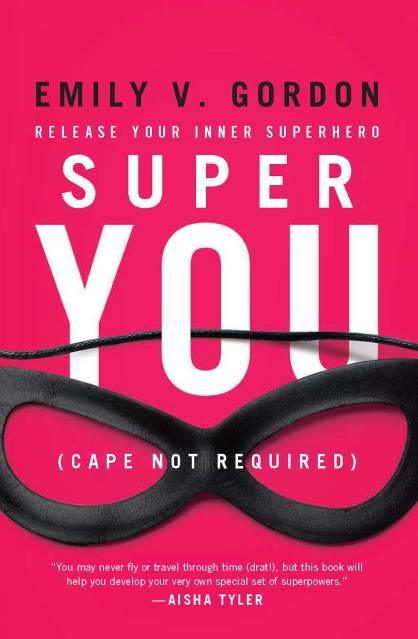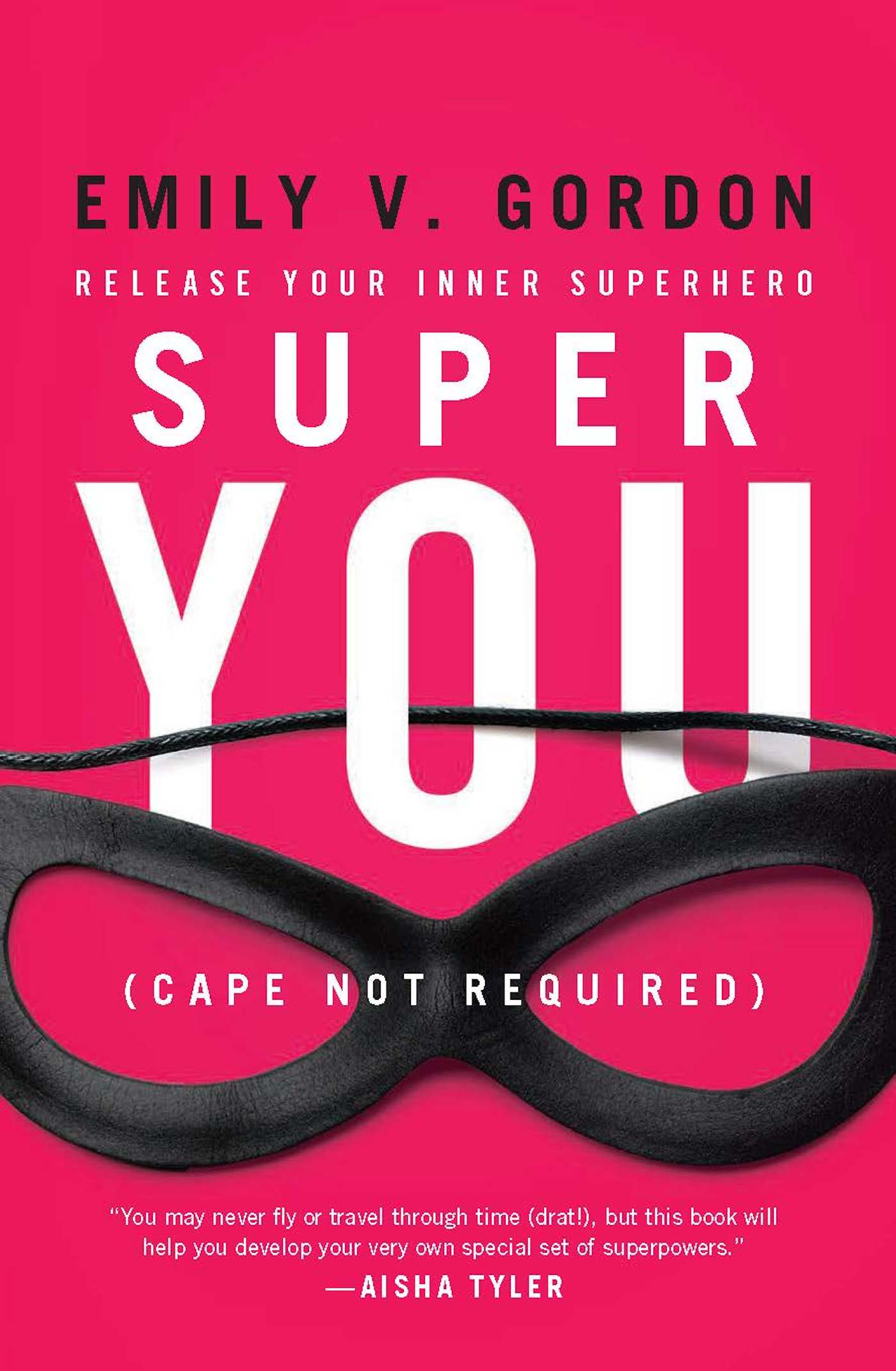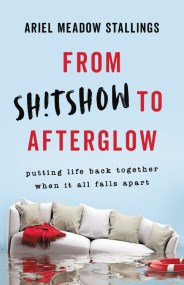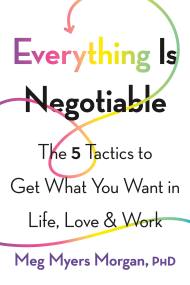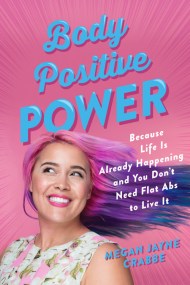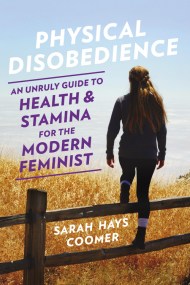By clicking “Accept,” you agree to the use of cookies and similar technologies on your device as set forth in our Cookie Policy and our Privacy Policy. Please note that certain cookies are essential for this website to function properly and do not require user consent to be deployed.
Super You
Release Your Inner Superhero
Contributors
Formats and Prices
- On Sale
- Sep 29, 2015
- Page Count
- 312 pages
- Publisher
- Seal Press
- ISBN-13
- 9781580055765
Price
$9.99Price
$11.99 CADFormat
Format:
- ebook $9.99 $11.99 CAD
- Trade Paperback $16.00 $19.99 CAD
This item is a preorder. Your payment method will be charged immediately, and the product is expected to ship on or around September 29, 2015. This date is subject to change due to shipping delays beyond our control.
Buy from Other Retailers:
What makes these superheroes super is their determination to not be defined by helplessness. They embrace their origins, their flaws, and their mistakes, and strive every day to become the best versions of themselves – for the benefit of themselves and others.
Super You is a fun, friendly, and unabashedly geeky guide to becoming the superhero of your own extraordinary life. Author Emily Gordon examines comic book tropes to find lessons that anyone can apply toward overcoming tragic events and adversity in their own lives. With activities in every chapter to help identify each person’s superpowers, special tools, personal kryptonite — and weapons against it — Super You is the perfect sidekick for every growing hero, empowering everyday people to transform into the most kick-ass versions of themselves.
Newsletter Signup
By clicking ‘Sign Up,’ I acknowledge that I have read and agree to Hachette Book Group’s Privacy Policy and Terms of Use
